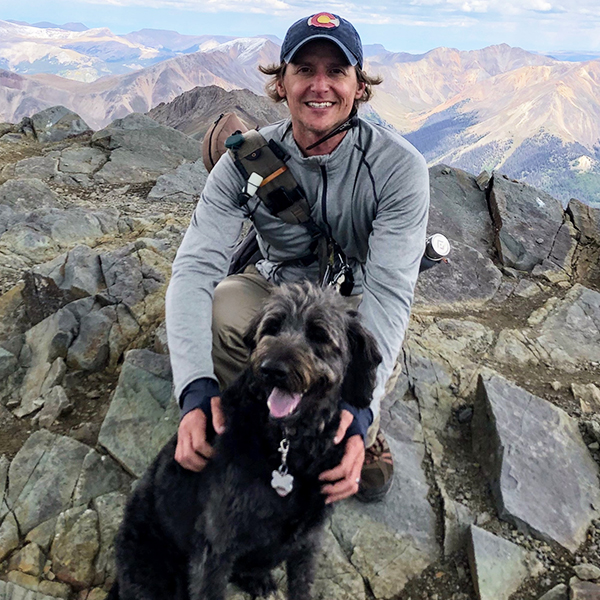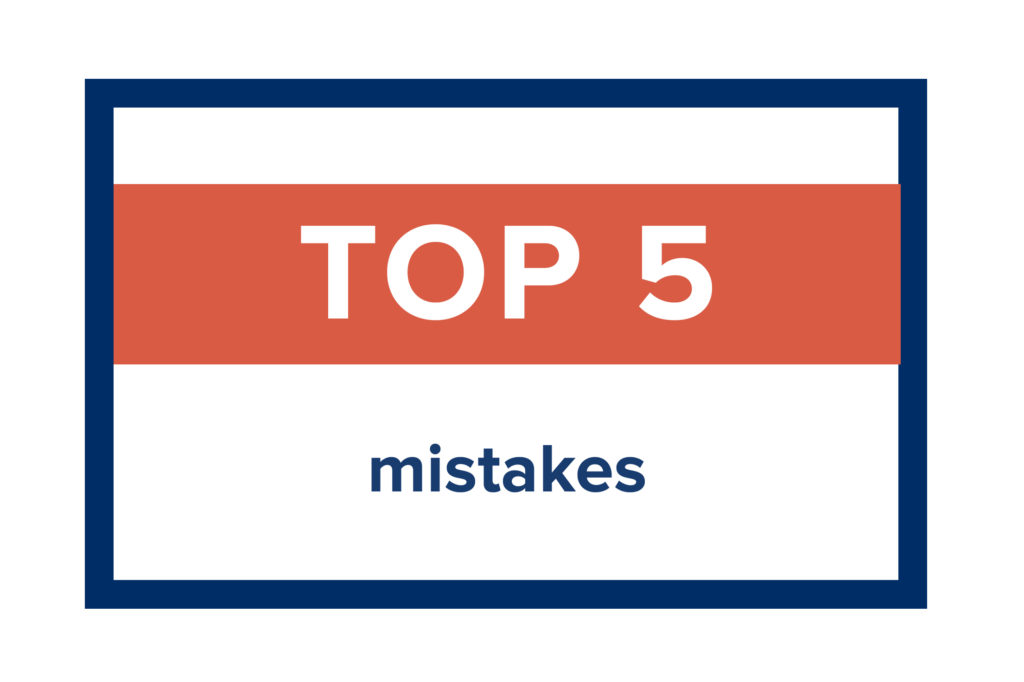The below piece was originally published as a guest post on Financial Wellness DVM.
The federal income-driven repayment plans (IBR, PAYE, REPAYE) provide significant relief, particularly for veterinarians getting started in their career. Generally speaking, the higher your student debt balance or student debt to income ratio, the more beneficial income-driven repayment will be. However, complicated requirements, ill-informed advice, bad press, and a poor understanding of the plans often leads borrowers to pay more towards their student loans than the income-driven repayment plans require.
1. Choosing the wrong income-driven repayment plan
For those seeking lower monthly student loan payments, they understandably ask their student loan servicers for advice. Loan servicers are not financial planners, nor are they familiar with the income situations commonly seen for veterinarians and the options that might work best for your situation. Quite frankly, they are not very informed on the student loan repayment rules either. Unfortunately, that means borrowers need to be their own best advocate, which includes knowing your student loans and repayment options. The cost differences among repayment plans can be hundreds of thousands of dollars when you carry a veterinary school-sized debt balance.
2. Not planning for the tax liability incurred by student loan forgiveness under income-driven repayment
3. Paying more than the minimum while using income-driven repayment
4. Failing to renew income documentation each year while using income-driven repayment
5. Utilizing deferment/forbearance during periods of low or zero taxable income
View the originally published guest post on Financial Wellness DVM

Dr. Tony Bartels graduated in 2012 from the Colorado State University combined MBA/DVM program and is an employee of the Veterinary Information Network (VIN) and a VIN Foundation Board member. He and his wife have more than $400,000 in veterinary-school debt that they manage using federal income-driven repayment plans. By necessity (and now obsession), his professional activities include researching and speaking on veterinary-student debt, providing guidance to colleagues on loan-repayment strategies and contributing to VIN Foundation initiatives.
